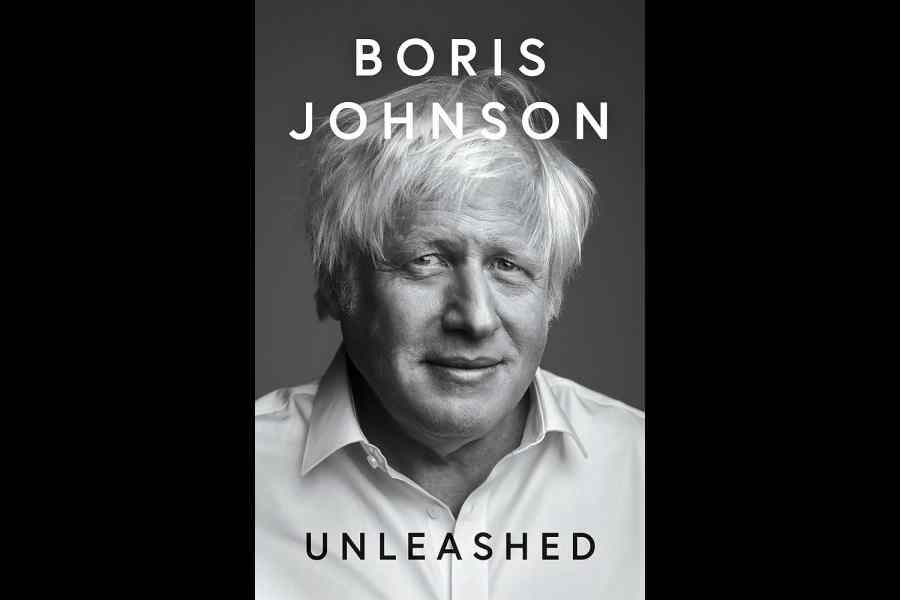Boris Johnson compared himself to Julius Caesar being stabbed by Brutus when Rishi Sunak resigned from the key position of chancellor of the exchequer in his cabinet, thereby effectively putting the skids under his premiership.
In his just published memoirs, Unleashed, Boris recalls what happened on July 5, 2022, when the Pakistani-origin Sajid Javid resigned as health secretary (over the then Prime Minister’s handling of a sex scandal), followed an hour later by Rishi also stepping down.
Boris writes: “When Sajid Javid resigned as Health Secretary, I was fairly phlegmatic. I loved old Saj, but he was finding it very hard to reform the NHS and fix waiting lists, and I suspected that he was paranoid about his own position. But when Rishi resigned later that same day, I was sad. It was worse than a crime, it was a mistake — both for Rishi and for the party, never mind the country.”
The resignations of the Pakistani and the Indian cabinet ministers were not coordinated. But Rishi’s departure was followed by 60 other ministers and key figures, forcing Boris to resign as Prime Minister.
“As I read his resignation letter, with its leaden phrases, I murmured (at least internally) the dying words of Julius Caesar, kai su, teknon (meaning, You too child). If Caesar had 23 stab wounds from his assassins, I ended up with 62, in the sense that a grand total of 60 ministers decided to follow Saj and Rishi out of the door.
“That, in the end, was why I had to go. I could still have built a government — I had enough straw to make my bricks. But by then I felt I was only staving off the inevitable.”
“You too child” were reputedly the last words spoken to Brutus when he and others plunged their knives to assassinate Caesar on March 15, 44BC, the Ides of March.
The better known Latin phrase “et tu, Brute” originates from Shakespeare’s play Julius Caeser.
To this day, many in the Tory party in the country describe Rishi as a “snake” for allegedly betraying Boris. The consensus now is that Boris was the author of his own misfortune and that he squandered the 80-seat majority he had won in the 2019 general election.
The relationship between Boris and Rishi had once been close.
“I liked Rishi, I considered him my friend and partner,” says Boris.
“But I had not seen the evidence that he knew how to cope with the scale of the job, how to mount a truly massive campaign, how to project a vision of the future that really resonated with the voters.
“I thought Rishi’s best bet would be to hang on, help get us through 2024, and then take over in due course.
“We had discussed his career several times, and he assured me of his complete support ‘for as long as you want’, and it goes without saying that I was pretty fervent in my support for him.
“He had run into some difficulties in April over his wife’s tax affairs, and I can tell you that we were all full-throated in our defence of Rishi and his family. I just assumed he would reciprocate.
“I assumed he understood that he was not yet ready, that we were a good fit; and that together we could get on and deliver a great and inspiring agenda for the country.”
Boris adds: “I don’t blame Rishi for prematurely wanting to be PM; in fact, I don’t blame any of them, really, for trying to turf me out. It’s just what Tory MPs do.
“It goes without saying that if we had all stuck together I have no doubt that we would have gone on to win in 2024, and a lot more of my friends would now have their seats.”











